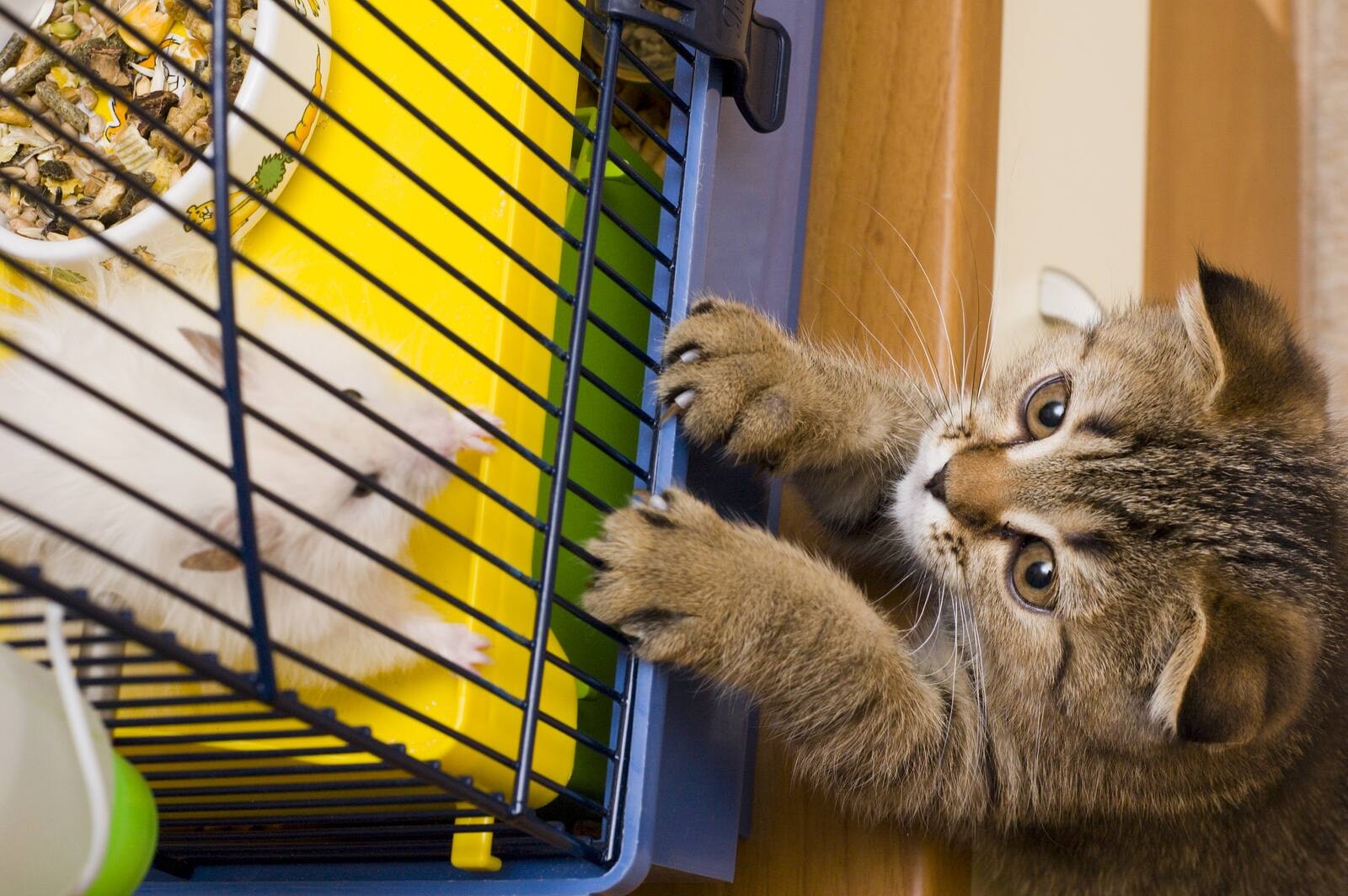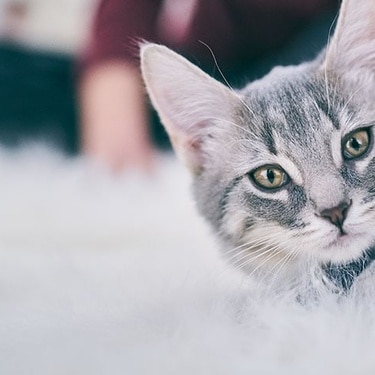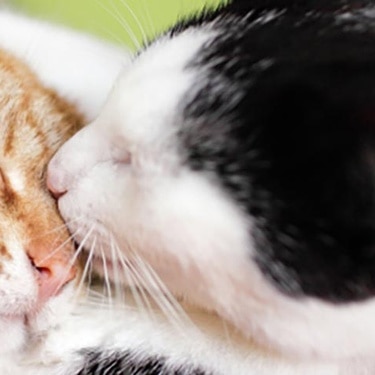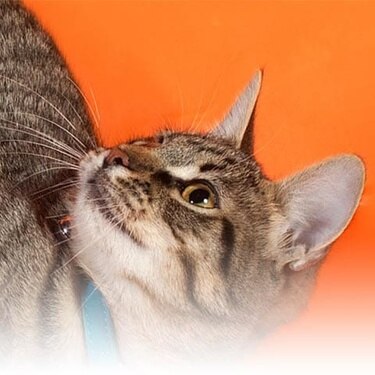
-
Find the right food for your petTake this quiz to see which food may be the best for your furry friend.Find the right food for your petTake this quiz to see which food may be the best for your furry friend.Health CategoryFeatured products
 Adult 6+ Large Breed Chicken Meal, Barley & Rice Recipe Dog Food
Adult 6+ Large Breed Chicken Meal, Barley & Rice Recipe Dog FoodSupports energy level, joint health, and beautiful coat in large breed mature dogs
Shop Now Adult Perfect Weight & Joint Support Chicken & Brown Rice Recipe Dog Food
Adult Perfect Weight & Joint Support Chicken & Brown Rice Recipe Dog FoodThis weight management and mobility support dog food was created with Hill’s unique understanding of the biology of overweight dogs.
Shop Now Puppy Sensitive Stomach & Skin Salmon & Vegetable Stew
Puppy Sensitive Stomach & Skin Salmon & Vegetable StewGentle on stomachs while nourishing skin & supporting development in growing puppies
Shop Now -
DogCat
- Cat Tips & Articles
-
Health Category
- Weight
- Skin & Food Sensitivities
- Urinary
- Digestive
- Kidney
- Dental
- Serious Illness
-
Life Stage
- Kitten Nutrition
- Adult Nutrition
Featured articles Water
WaterWater is the most important nutrient of all and essential for life. Animals can lose almost all their fat and half their protein and still survive, but if they lose 15% of their water, it will mean death.
Read More The Right Diet For Your Pet
The Right Diet For Your PetLearn what to look for in healthy pet food & nutrition, including ingredients, quality of the manufacturer, your pet's age, and any special needs they have.
Read More Pet Food Storage Tips
Pet Food Storage TipsWhere you store your cat and dog food can make a big difference in the quality and freshness once it is opened. Here are some common questions and recommendations for optimal storage for all of Hill’s dry and canned cat and dog food.
Read More -


There's no denying your cat is sweet as can be, always purring in your lap, drooped in a furry puddle on your keyboard, or curled up in the sun napping. But don't forget your little ball of housebound love is also a natural-born hunter. Cats are predators, and many enjoy the thrill of the hunt just as much as their wild relatives.
Is there a way to introduce cats to birds and other pets without fear that the relationship will end with a trip to the vet or worse?
While there's no guarantee of safety when you bring a natural predator and her prey together, you can minimize the danger. Here are some tips:
Introduce the Two
Familiarize your cat with her new small roommate. While you want to be careful about interactions between cats and birds or cats and other pets, it's important that the cat has a chance to satisfy her curiosity. Allow your kitty to sniff your feathered or small furry animal friend in a non-threatening manner, while they are in their cage. If she reaches toward it with a paw or exhibits any other aggressive behavior, make sure to use strong commands like 'no' to let her know that that behavior is not acceptable, but never use physical punishments. Also don't allow the cat to lick your bird, because cats carry bacteria in their saliva that can make a bird sick, according to BirdTricks.


Tasty Tips
Supervise

Never leave the animals alone unprotected. Even the mellowest of cats might decide to pounce in play or have a momentary lapse of excited judgment when she sees a bird strutting around or a rabbit hopping by. You should always be nearby to make sure your cat remembers this small animal is a friend, not food. To keep your small animal safe, a cage is recommended.
Give Her Plenty of Attention
You want your cat to know your affection for her hasn't been replaced with this new animal. Make time to play with her and give her plenty of opportunities to satisfy her hunting tendencies with toys, treats, and games. Giving her distractions are a good way to ensure she is less interested in trying to get at your smaller pet. Never use toys that might mimic or be easily associated with your other pet. For instance, refrain from letting her play with feathered toys if you have a bird, or a stuffed mouse if you have hamsters. If she thinks that you're okay with her playing with a similar toy, she might think it is okay to play with the other pet when you're not watching.
Make Sure You Have a Safe Cage
If your cat can tip the cage over, then it's not a safe environment for your smaller pet. Or if the caged pet does not have room to back up and escape eager paws reaching through, then you should get a bigger cage. Also, be aware that feeling as if it's under attack can cause stress on your small animal that could result in its death. The heavier the cage the better. Stainless steel, wrought iron, or powder-coated cages are best with spacing of no more than .5 inches between bars.
Be at the Ready
Invest in a squirt bottle. Anytime you see your cat approaching a small animal or the cage with anything other than curiosity on her mind, squirt her. She'll soon learn to stay away. It's also important to ensure any children that might be in the home understand that the two pets shouldn't play together, and that it is very important that they remember to close cages or replace lids after feeding the smaller pets. One lapse in judgment could end up as a snack for a curious kitty.
Don't Let Her Go Fishing
If you have a fish tank at home, your cat will likely be curious about what's swimming in it. While it can be a nice distraction for her to watch your fish swim around the tank for hours, it can become a problem if she can find a way to get into the tank. If the lid of the tank isn't secure, cats are crafty and have a way of getting under it. It can also be dangerous for your cat if she falls in the tank, not to mention the mess that she will likely make. Invest in a tank that she can't knock over or get into. Never invest in fish bowls if you have a cat, it's just too tempting for their curiosity.
Give It Time
Cats are incredibly curious, but if you allow them to see, sniff, and be in the same room as your petite pet, they may eventually lose interest.
Remember that you know your cat best, so use your best judgment. While there's no guarantee that an accident won't happen, you can maximize the chances of a harmonious home with plenty of care, attention, and love for all its residents.


Kara Murphy is a freelance writer and pet parent who lives in Erie, Pa. She has a goldendoodle named Maddie.
Related products

With delicious chunks in a decadent gravy

With delicious chunks in a decadent gravy

Gourmet daily nutrition, carefully made. Tasty chunks with chicken & beef in a decadent gravy. Supports digestive health, nourishes skin and promotes a lustrous fur.

With delicious chunks in a decadent gravy
Related articles

HillsPet Nutrition provides information on proper nutrition, fitness and special needs in keeping your cat healthy and happy.

Being overweight puts a cat at risk for developing many serious health issues. Weight gain indicates an increase in body fat and usually results when your cat eats too much and exercises too little.

As a responsible pet owner you owe it to yourself and your cat to understand problems associated with overweight cats.

Get helpful information on proper feline oral healthcare and why it's so vital to take care of your cat's teeth.

Put your cat on a diet without them knowing
Our low calorie formula helps you control your cat's weight. It's packed with high-quality protein for building lean muscles, and made with purposeful ingredients for a flavorful, nutritious meal. Clinically proven antioxidants, Vitamin C+E, help promote a healthy immune system.
Put your cat on a diet without them knowing
Our low calorie formula helps you control your cat's weight. It's packed with high-quality protein for building lean muscles, and made with purposeful ingredients for a flavorful, nutritious meal. Clinically proven antioxidants, Vitamin C+E, help promote a healthy immune system.

